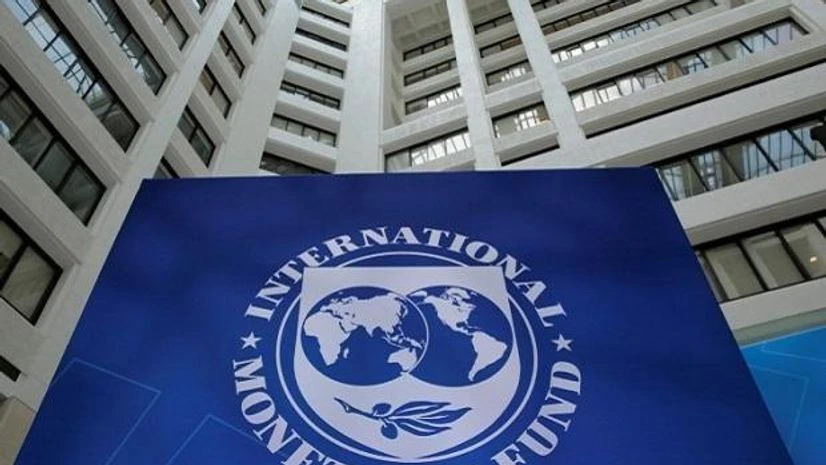The coronavirus pandemic has significantly strengthened the market power of dominant firms, which could drag on medium-term growth and stifle innovation and investment, the International Monetary Fund said on Monday in a new research paper.
Key indicators of market power are on the rise, including price markups over marginal costs, and the concentration of revenues among the four biggest players in a sector, the IMF study said. Part of this was due to increased bankruptcies as the pandemic caused competition to fall away.
"Due to the pandemic, we estimate that this concentration could now increase in advanced economies by at least as much as it did in the 15 years to end of 2015," IMF Managing Director Kristalina Georgieva said in a blog post accompanying the paper.
"Even in those industries that benefited from the crisis, such as the digital sector, dominant players are among the biggest winners."
The report did not name specific firms, but singled out the technology sector as the one showing the most dramatic concentration in market power, with price markups increasing at twice the rate as economy-wide markups over the past 20 years.
Also Read
The market-disrupting companies that displaced incumbent firms two decades ago have become increasingly dominant players that do not face the same competitive pressures from would-be disruptors today, the study said.
The rise of artificial intelligence and pricing models based on data instead of monetary payments were further concentrating market power and creating difficulties for regulators, the IMF said.
Regulators need to ensure that consumers are able to use more than one platform, citing "a risk that platforms with substantial market power can abuse their dominant position, harming users on one or both sides of the market as well as potential innovative entrants," it said.
A driving factor for the concentration of market power was merger and acquisition activity, and the IMF recommended that national competition authorities be increasingly vigilant when enforcing merger control.
The IMF said evaluations of past merger decisions also could contribute to more effective enforcement of competition rules. It recommended that "no-poaching" agreements among top firms be prohibited.
(Reporting by David Lawder; Editing by Catherine Evans and Bernadette Baum)

)
